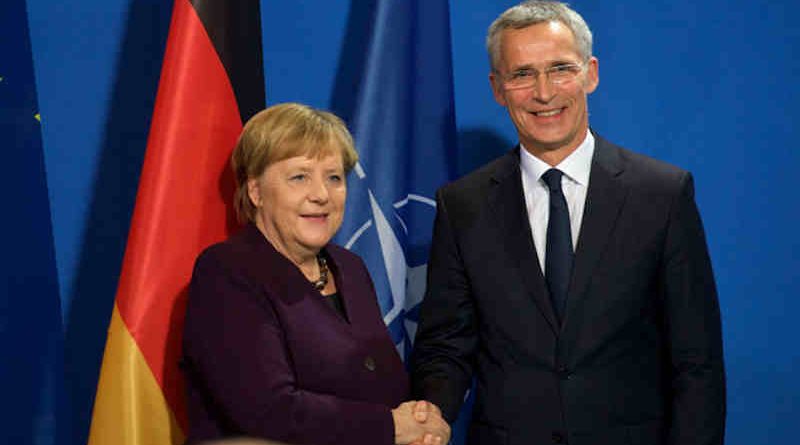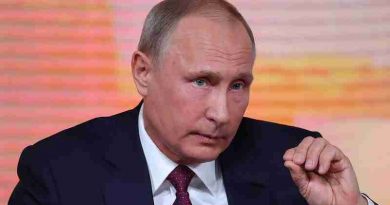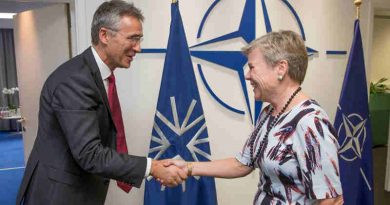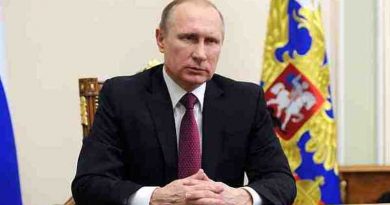Putin Critic Navalny Poisoned, NATO Asks Russia to Cooperate in Probe

The NATO Secretary General stressed that the attack on Mr. Navalny is also an attack on fundamental democratic rights and a serious breach of international law, which demands an international response.
By Rakesh Raman
The North Atlantic Council met on Friday (4 September 2020) to address the assassination attempt on Russian opposition politician Alexei Navalny. Germany briefed Allies on the toxicology findings of their specialist laboratory.
“There is proof beyond doubt that Mr. Navalny was poisoned using a military-grade nerve agent from the Novichok group,” said NATO Secretary General Jens Stoltenberg.
All NATO Allies condemned the attack and called on Russia to cooperate with the Organisation for the Prohibition of Chemical Weapons (OPCW) on an impartial, international investigation.
The NATO Secretary General stressed that the attack on Mr. Navalny is also an attack on fundamental democratic rights and a serious breach of international law, which demands an international response.
Navalny – a fierce critic of Russian President Vladimir Putin and founder of Moscow-based Anti-Corruption Foundation – was taken to Germany for treatment last month from the Siberian city of Omsk where doctors had kept him in a state of artificial coma. The German hospital treating him has said that tests indicate he was poisoned.
Germany briefed Allies on their specialists’ findings in the poisoning of Alexey Navalny. All #NATO Allies condemn this attack. We call on Russia to provide complete disclosure of the Novichok programme to @OPCW & to cooperate with an impartial, international investigation. pic.twitter.com/kUTh3ntrPe
— Jens Stoltenberg (@jensstoltenberg) September 4, 2020
Meanwhile, the Russian parliament has ordered an investigation into the alleged poisoning of Navalny. Earlier on August 25, the Kremlin had said there was no need to investigate the circumstances leading up to Navalny’s illness and the German hospital’s initial diagnosis of poisoning was not yet conclusive.
By Rakesh Raman, who is a national award-winning journalist and social activist. He is the founder of a humanitarian organization RMN Foundation which is working in diverse areas to help the disadvantaged and distressed people in the society.





